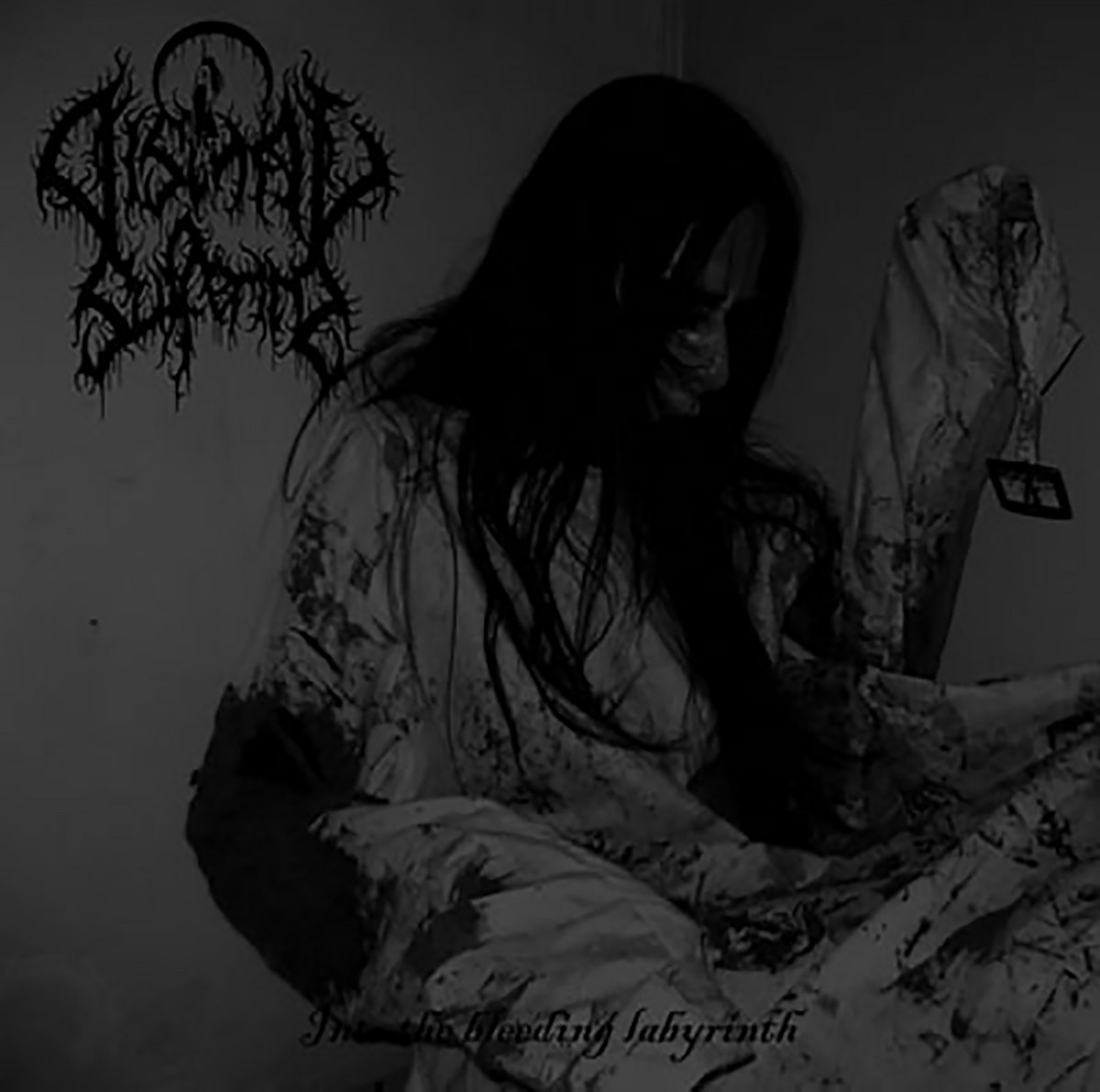

Though this diagnosis no longer exists in the Diagnostic and Statistical Manual of Mental Disorders, 5th edition, text revision (DSM-5-TR), paranoia can still play a central role in many types of schizophrenia. “Paranoid schizophrenia” is an example of a term that was once widely used by professionals but is now considered outdated. Medical classifications of schizophrenia have also changed significantly over the years, which may contribute to this confusion. Many stereotypes about the condition are inaccurate.įor example, a common myth about schizophrenia is that it involves multiple personalities, or that people with schizophrenia are violent and dangerous. Schizophrenia is one of the most stigmatized and widely misunderstood mental health conditions out there. Certain symptoms can have a significant impact on a person’s ability to function, such as: People with schizophrenia sometimes experience reality in a distorted way. Schizophrenia is a chronic mental health condition, which can present unique challenges for those who live with it. You can follow her blog about living with schizophrenia at or follow her on Twitter.Paranoid schizophrenia is no longer diagnosed as a condition, but paranoia can play a role in schizophrenia symptoms. Rebecca Chamaa is a writer in San Diego covering mental health, finances, relationships, and lifestyle. Schizophrenia has changed my life-but it hasn’t ruined it. I don’t know if it is because memory fades over time, or the cliché that time heals all wounds, but the last 21 years-even with the hospitalizations, reduced level of functioning, and periodic episodes of psychosis-are some of the best of my life. I have friends, I write almost daily, and I enjoy spending time with my family. I married again, and we recently celebrated our 21st anniversary. It was over two decades ago that I was diagnosed with schizophrenia, and it’s not all tragic. Perhaps the most shocking thing about living with schizophrenia is that life goes on. I do what I can to live the best life possible, but symptoms break-through-there is no cure for schizophrenia. I try to keep my weight at a healthy level (weight gain is a side effect of antipsychotics), and I eat well and exercise regularly. I take antipsychotic medication twice a day along with medication for anxiety. I work with my psychiatrist to keep my mental illness in check. Schizophrenia changed my life-it didn’t ruin it. But these events aren’t the most disruptive to my regular life-it’s the anxiety and lack of motivation that are the most difficult to wrestle with. And at times I’ve even heard voices, a common schizophrenia symptom. There are also hallucinations, mostly olfactory hallucinations where I smell something burning or a chemical that smells dangerous. I suffer from frequent episodes of paranoia, like believing that someone slipped poison into my food or drink. Activities that used to be carefree and fun-something as simple as going out to dinner with friends-are now fraught.

I can’t imagine taking a flight by myself ever again, afraid of what might happen alone in the air.

The “after” in this story involves some grief about what has changed. In my new reality, I had to accept that fact that I was living with a severe mental illness and a mind that could seriously, and at any time, betray me. I started to regain traction with reality, but after everything I’d been through, “reality” wasn’t the same as it had been before my episode. After a week in the hospital, the medication flooding through my system finally reached a therapeutic level in my blood-the paranoia and delusions started to recede rapidly.


 0 kommentar(er)
0 kommentar(er)
